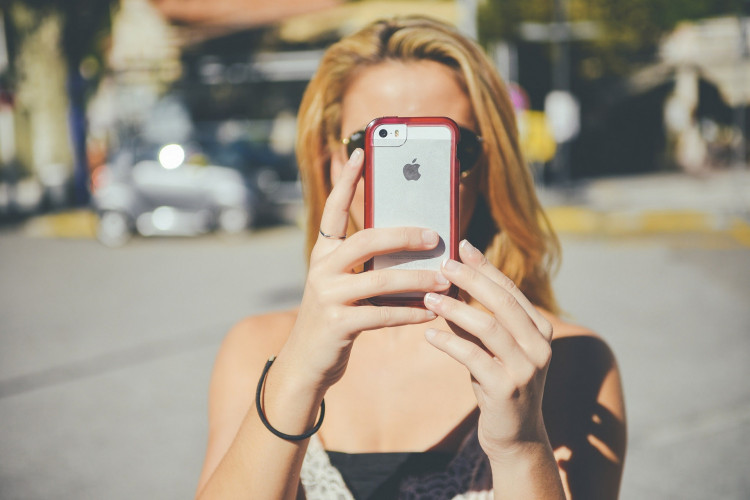China's Ministry of Industry and Information Technology said it plans to impose new policies that will require mobile phone companies to include anti-spam features on their devices automatically. The plan has come about amidst media criticism against Apple regarding its inability to filter out obscene content from its platform.
Apple asserted it already provides anti-spam features. However, if the tech company is found to have violated any policy about the issue, authorities may shut down any of Apple features and services according to Yang Zhaoquan, a lawyer from Beijing Vlaw Law Firm.
The recent weeks saw Apple coming under fire by Chinese state media outlets due to allegations that it is reluctant to block pornography, gambling, and other explicit content though it can do so. At least four Chinese media outlets condemned the tech company in its inaction against banned material that can be sent via the Apple iMessage platform. Xinhua said Apple can block such questionable content but is afraid of possible privacy infringement.
Apple said it has tools on iMessage that can filter spam or block banned content. The dubious sender may also be blocked manually on the device. However, Apple's operating system prohibits the reading of encrypted messages. Hence, Apple's iMessage is less effective in filtering spam compared to Google's Android devices, according to James Yan, an analyst with Counterpoint Research.
The Wall Street Journal noted that a fifth of Apple's revenue comes from China. In fact, when sales in China dipped by 26 percent in 2016, Apple's stock dive to a low of $90.34 within months.
The issue also arises at a time when Apple is gearing towards being the first U.S. company to cross the trillion dollar mark. Apple is currently worth about $935 billion, CNN Money shared. Apple stock is up by 12 percent this year, driven by strong sales of iPhone 8 and X in China and Japan.
The Wall Street Journal has previously reported that Apple is under threat amidst the escalating U.S.-China trade war. Smartphones were excluded from the initial tariffs imposed by the U.S. on as much as $34 billion of Chinese goods. Smartphones were also excluded from the third round of tariffs on $200 billion Chinese goods.
President Donald Trump, however, is not yet done and threatened to impose more duties on as much as $500 billions of imports. When this happens, iPhones would no longer be excused from the impacts of the U.S.-China trade war. It would be challenging for Apple as the U.S. is importing about $45 billion worth of phones from China in 2017 alone.





